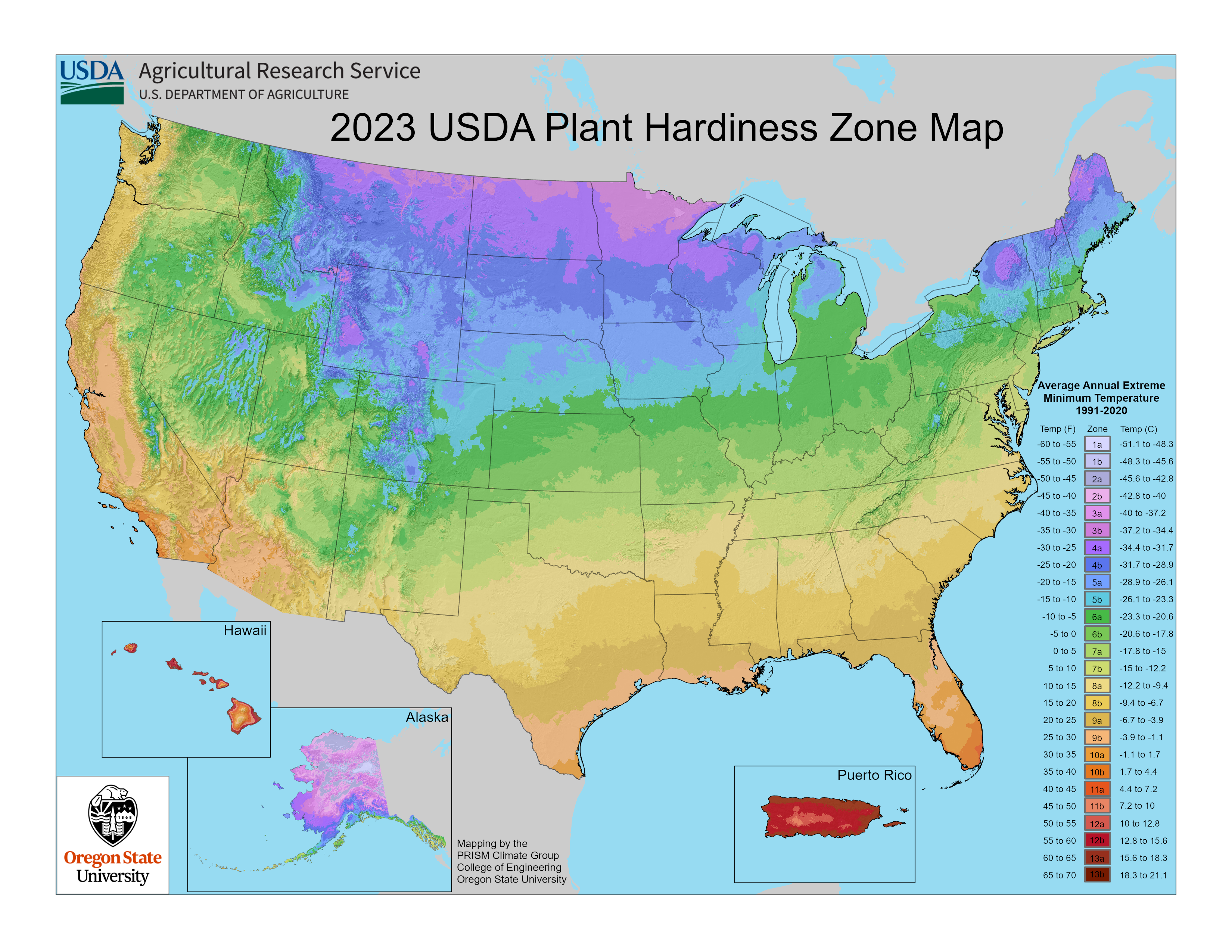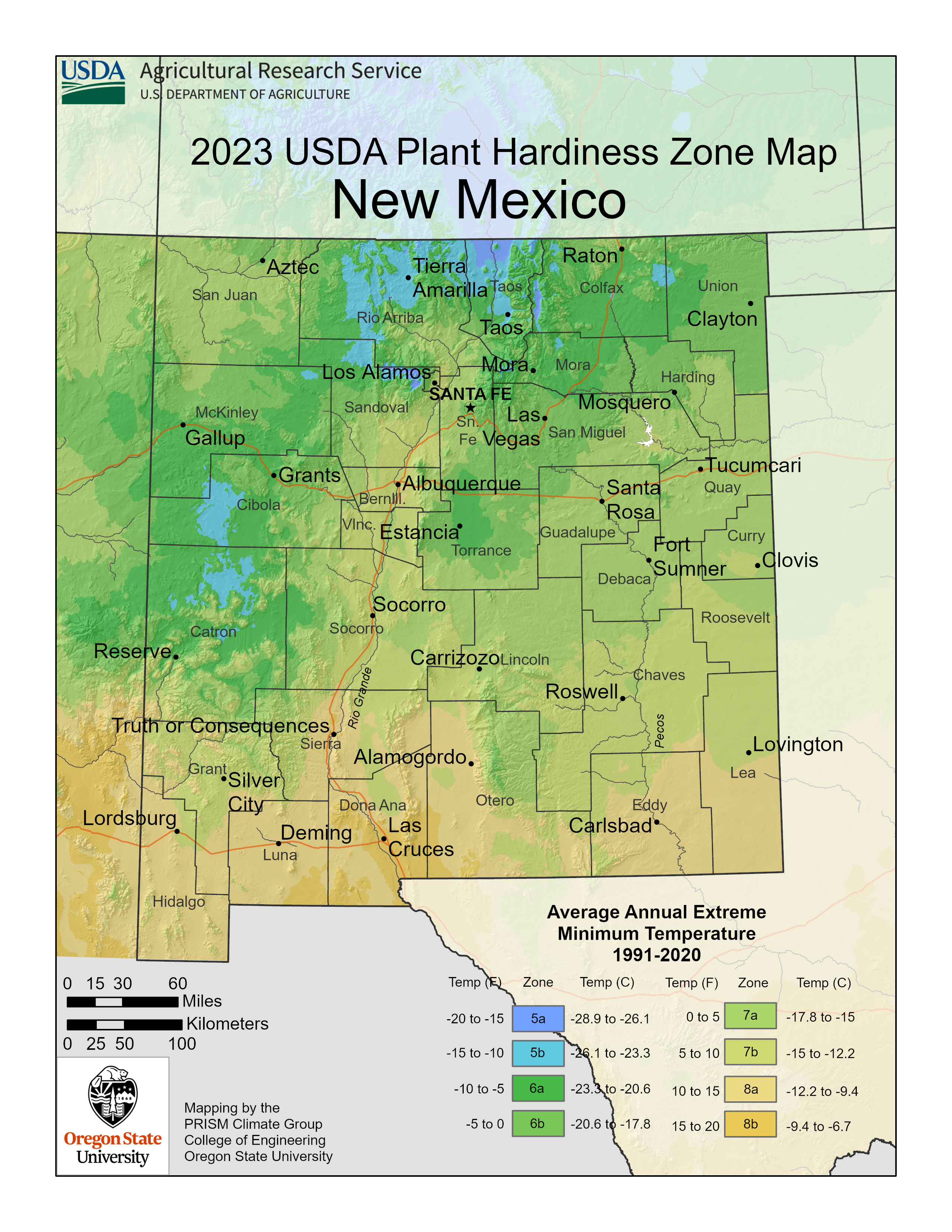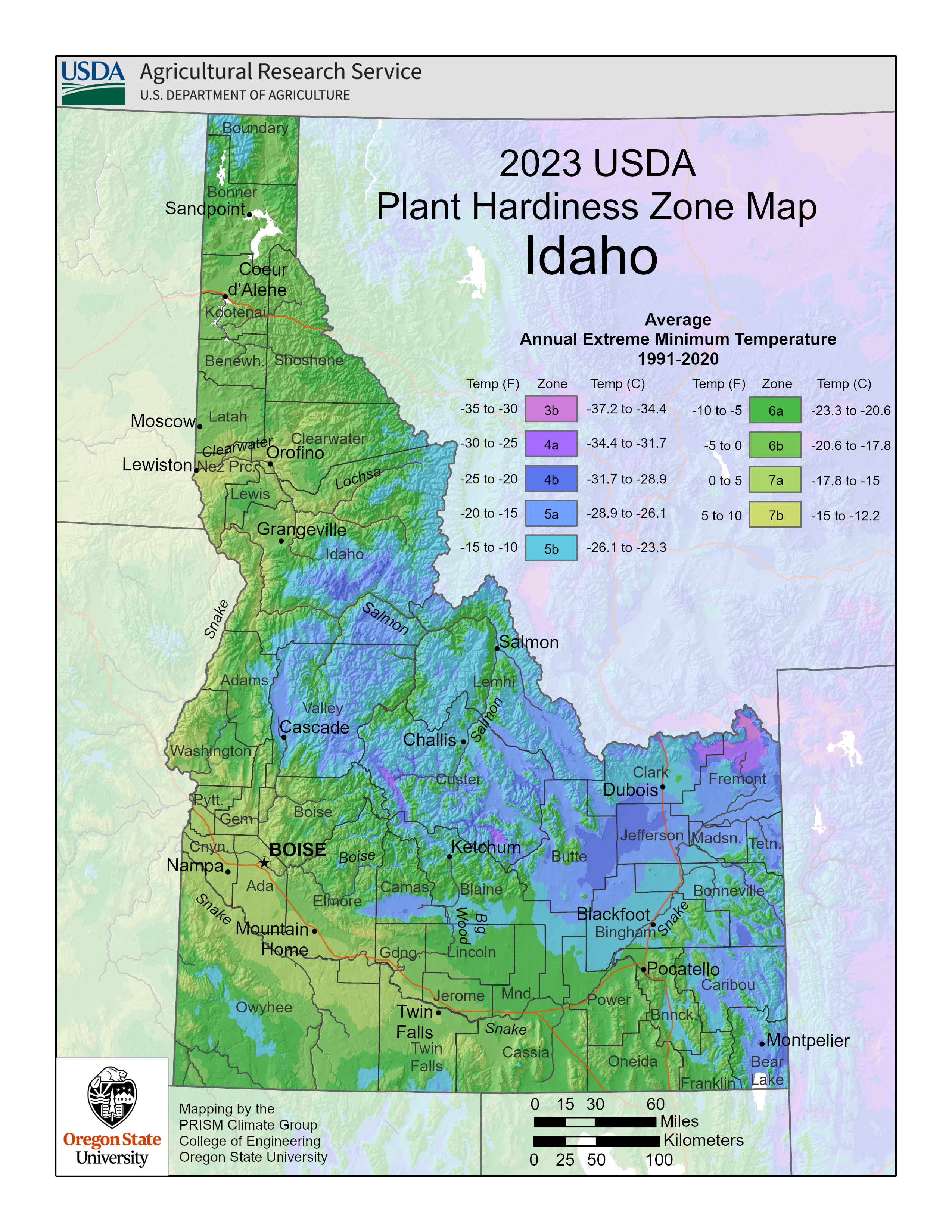Summary
Fertilizer is necessary for your vegetable garden. The real question is what fertilizer you should use. The answer is organic fertilizers, preferably homemade, although that’s not a requirement.
Unfortunately, while synthetic fertilizers are common, they’re also damaging. They don’t have to be, but you have to add the right amount of the right kind at the right time, and there have to be no other complications.
So, in general, use organic fertilizers. They take longer, but they build your soil in a healthy way. The best kind is compost.
If there is one thing I hope you take away from reading this, it’s that using synthetic fertilizer in your vegetable garden will result in you needing to add more synthetic fertilizer in your vegetable garden.
Though the use of these products may result in a successful crop for one year, they also kill the soil microorganisms that help your plants get the nutrients they need naturally.
This results in you needing to add more fertilizer year after year.
It’s not a great outcome.
In many instances, home gardeners apply synthetic fertilizers, unaware the nutrient levels exceed what their plants need, creating a variety of consequences in their own gardens and the broader ecosystem.
There is a better way.
But I am getting ahead of myself.
Before I share what a lifetime of planting and growing my own vegetables has taught me about the wide range of fertilizer options available, let’s delve into what your plants need.
What Nutrients Do Plants Need?
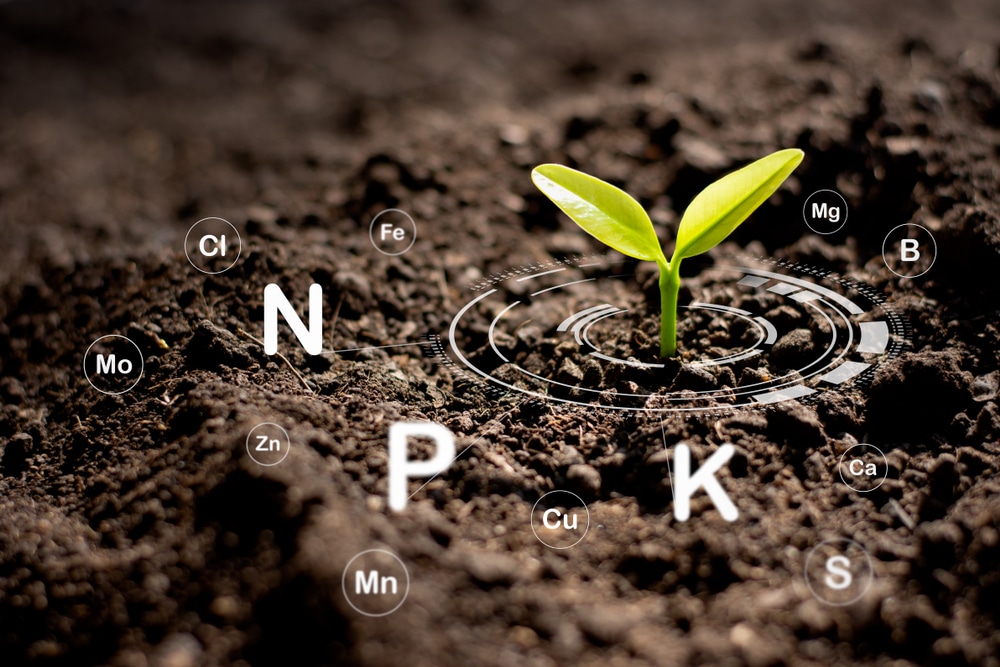
To break it down simply, your plants need carbon, oxygen, and hydrogen. They get these nutrients from the sun and water.
They also need primary macronutrients: nitrogen, potassium, and phosphorous. These are the nutrients synthetic fertilizers typically add in varying amounts.
Additionally, they need secondary macronutrients: calcium, magnesium, and sulfur. Last, they need micronutrients in much smaller amounts, such as copper, zinc, nickel, manganese, etc.
Ideally, each of these nutrients is present in your soil and available to your plants as they need. For a variety of reasons, this isn’t always the case.
Nutrient levels in the soil are dynamic and ever-changing. Even if your soil is chock full of nutrients at the beginning of a season, your vegetable plants will withdraw what they need.
One of your jobs as a gardener is to find a way to keep a relative balance of soil nutrients. This is why people use fertilizers.
Fertilizers can be store-bought, made at home, synthetic, or organic.
My personal favorites are homemade and organic, sourced from my compost and worm bins.
Types Of Fertilizers

Synthetic Fertilizers
Synthetic fertilizers are industrially produced chemical formulations designed to feed your plants.
They’re a quick fix if:
- You add the appropriate formulation of concentrated nutrients to your soil
- You add the right amount
- It’s done at the right time
- And there are no other complicating factors
If you do all of these things, your plants should be able to absorb the nutrients quickly. They’ll also be able to react the way they would if they were growing in a balanced soil with those nutrients already present.
The problem is that you need to take several steps to know what nutrients are in your soil and at what amounts, such as:
- Testing your soil
- Interpreting the results
- Choosing the right kind of fertilizer for the right kind of plant
- Then, applying the correct amount at the right time of the year
Not following each of these steps correctly contributes to a toxic buildup of nutrients in the soil. This toxic buildup kills the beneficial microorganisms living in it.
If it sounds kind of complicated, it is. We’re not all soil scientists.
Vegetable growers at every scale, from home gardeners to industrial agricultural producers, have been using these products for several decades.
While there have been some temporary benefits, the accumulations of nutrients have made a great deal of soil even more depleted.
Excess nutrients also play a prominent role in what is known as nutrient pollution.
Nutrient pollution is a widespread problem affecting water ecosystems in particular.
After several decades of large amounts of excess phosphorus washing into our groundwater, rivers, and lakes, many of our water sources routinely experience algal blooms. These blooms reduce oxygen levels in water so dramatically that most other forms of plant or animal life can no longer survive in these environments.
As if these consequences aren’t bad enough, the water becomes unusable. At best, the cost of treating the water so it is once again fit for human consumption rises significantly.
The energy used to mine, produce, and distribute synthetic fertilizers, often packaged in plastics, and the management of the resulting waste is another reason it makes sense to seek more sustainable alternatives.
So, what about the organic fertilizers sitting next to them on the shelves of your favorite retailers?
Are they any better?
Organic Fertilizers
Organic fertilizers are made from materials of plant or animal origin. They can be manures, compost, bone meal, rock dust, fish emulsion, worm castings, or any number of plant or animal wastes.
Unlike synthetic fertilizers, organic fertilizers work best over time. Intended to be spread or mixed into your soil and break down, organic fertilizers release chemicals at a much slower rate than synthetics.
Nutrient levels are also lower, though the variety of nutrients and minerals is much more diverse.
Since the nutrients in organic fertilizers release over time, you use them to contribute to building a resilient and healthy soil ecosystem.
Healthy soil offers plants the nutrients they require and increases immunity against disease and pests. This can reduce the need to consider using herbicides and pesticides (which you shouldn’t use anyway), instead stopping crop threats before they can become entrenched.
Finally, since their nutrient concentrations are much more diluted than their synthetic counterparts, organic fertilizers are considerably less likely to result in toxic accumulations of nutrients in our soils and freshwater systems.
Organic fertilizer can be slow. They sometimes take a few growing seasons to be fully effective. However, the chemical load on the overall ecosystem is reduced tremendously.
The best news for you, the vegetable grower? When you eat your homegrown vegetables, you’ll skip eating the chemicals present in the conventionally grown produce.
What’s The Best Fertilizer To Use In Your Vegetable Garden?
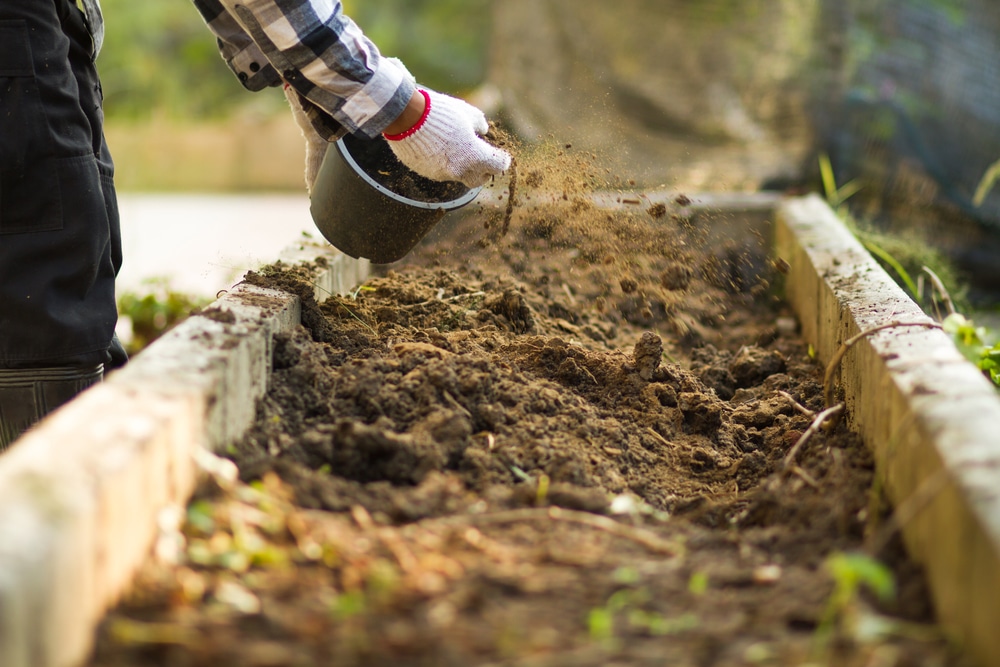
So, how can you use fertilizer to grow the best vegetables possible in your home garden?
First, I’d like you to think about fertilizer a bit differently.
Instead of thinking of it as a necessary additive that will result in the vegetables you want this season, consider it a long-term plan that increases in value and effectiveness as time goes on.
Dedicating regular time and energy toward building your garden soil with organic matter will result in the most profound and sustained benefits for your vegetable garden.
Second, adding compost is one of the fastest ways to achieve this. Finished compost is already decomposed organic matter that looks like soil.
You can buy compost in bags, in bulk (and have it delivered by the truckload), or make it yourself.
You can add it to your garden anytime during the year. And it will always be beneficial, adding nutrients and microorganisms that help your plants thrive.
I particularly like compost because it is easy to make from waste materials at home. I send less to the landfill and have the added benefit of having a ready-made and balanced fertilizer for my garden whenever I need it.
It is also hard to overdo it with compost, meaning your plants and soil will be safe from harm regardless of how much you add.
Compost is one example of an organic garden additive or fertilizer. There are many other good options you can choose from as well, such as leaf mulch, manure, fish emulsion, and worm castings.
So, Is Fertilizer Necessary For Your Vegetable Garden?
Yes, it is.
Your vegetables remove nutrients from the soil as they grow. To keep growing great, homegrown vegetables year after year, you will need to find ways to replenish those nutrients without adding too much of any one of them.
The best way to ensure you choose the right fertilizers for your garden is to first test your soil. With this information, you can take steps to ensure your plants have access to the nutrients they need to thrive at all stages of growth.
I suggest using soil boosters that are organically derived. Before you add anything to your garden, consider how it will affect your vegetable production and the broader ecosystem.
Caring for the soil in your vegetable garden is ongoing but well worth the effort. Even small changes, such as adding leaf mulch in the autumn or a layer of compost in the spring, will add up in surprisingly big ways over time.
